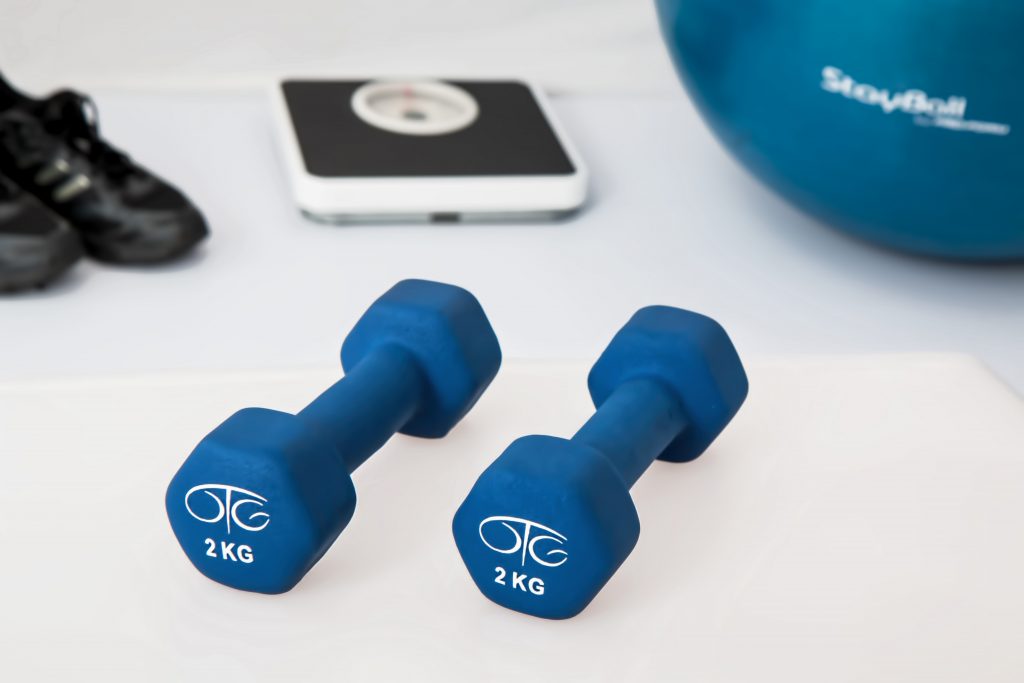Physical Fitness is not only one of the most important keys to a healthy body,
In fact, Velcade is quickly becoming the main therapy for multiple myeloma in people who’ve had a stem cell transplant. Glatiramer falls into category B. Taking EPIVIR-HBV with chronically administered sorbitol-containing medicines may decrease the concentrations of lamivudine [see Drug Interactions ( 7 http://farmaciasinreceta.net/. Actos ingredient and form Actos contains the active ingredient pioglitazone, which belongs to a class of medications called thiazolidinediones.
-John F. Kennedy
Long before the stereotype of the perfect male and female body garnered the attention of the masses, the past cultures had insisted on physical exercises. Of course, the goal was not the perfect summer body, but a healthy mind and body. Importance of exercise is one of those phenomena that is constant throughout the cultures highlighted in ancient Indian, Egyptian, European, Chinese and Middle-Eastern records of medicine. This revival of the concept of a “healthy body” is coming back in the latest fitness scene.
The physical benefits of exercise are no secret. The modern media is filled with influencers, fitness experts and a lot of times scammers promising you perfect physique. Be it the saran wrap technique, crash diets or latest fads and superfoods, it would seem like everyone is obsessed with the definition of the perfect body. Before we start to blame the media for the ever-increasing amount of eating disorders, we must acknowledge that this obsession with having the perfect body is nothing new. However, the origins of this “ideal body obsession” actually lie in the desire to be healthy.
The field of health psychology deals with the relationship between physical health, health behaviours and mental health. One of the highlights of the field is the relationship between physical exercise and mental health.
It might be a stereotypical way to show the fit people who go to the gym every day, sprint and take morning runs as ever-smiling and insanely happy, which mere mortals like us might find overwhelming or intimidating. But research evidence shows that exercising can actually affect your mental health.
Just note that when I say exercise in this article it means actual exercise and not the crash diets and fads or strange new 7-day or 10-day plans to 8 pack abs or maybe the “magic ingredient” to melt fat in one month.
World Health Organization actually recommends 150 minutes of moderate activity or 75 minutes of vigorous aerobic activity per week against or along with strength training exercises for all major muscle groups at least two times a week with resistance/weight enough to tire yourself after 12 to 15 repetition. This is how we are going to define exercise throughout the article – physical activity is done with the mindfulness and intention of exercise.
Mental Health Benefits of Exercise
Research shows that apart from being preventive, exercise can have positive effects on mental disorders like depression. Anxiety, PTSD, ADHD etc.
Depression:
Exercise promotes neural growth, reduces inflammation in the brain and creates new activity patterns that lead to feelings of well-being and calm. But the most important aspect of exercise in relation to depression is the release of endorphins or the “happy chemicals” which raise your spirits and make you feel good. At the same time, exercise can prove to be a great distraction and tool to break the monotony of the negative thoughts that contribute to depression.
Studies have shown that moderate exercise works as effectively as antidepressants for mild to moderate depression. Obviously, without the side-effects. The relapse rate for people who continue to exercise after the treatment is much lower than the ones who don’t.
Anxiety:
Exercise aids dealing with anxiety by relieving tension and stress, boosting physical and mental energy as well as improving the mood by the release of endorphins. Mindful exercise, that is focusing on the body rhythms and sensations while exercising interrupt the cycle of worries and constant barrages of thoughts running through your head, giving relief from anxiety.
Stress:
Stress is a phenomenon which is felt more than thought about. Muscle tension increased heart rate, and painful aches are only a few of the problems that accompany stress. Exercising releases endorphins, improving the mood. It also helps relax the muscle and relieve tension from the body. Exercise is also known to counter problems such as insomnia and heartburn associated with stress.
Emotional Benefits of Exercise
Sharper memory and thinking. The same endorphins that make you feel better also help you concentrate and feel mentally sharp for tasks at hand. Exercise stimulates the growth of neurons and helps prevent age-related decline.
Higher self-esteem. When exercise becomes a habit, it can foster your sense of self-worth and make you feel strong and powerful. You’ll feel better about your appearance and, by meeting even small exercise goals, you’ll feel a sense of achievement.
Better sleep. Even short bursts of exercise in the morning or afternoon can help regulate your sleep patterns. If you prefer to exercise at night, relaxing exercises such as yoga or gentle stretching can help promote sleep.
More energy. Increasing your heart rate several times a week will give you more get-up-and-go. Start off with just a few minutes of exercise per day, and increase your workout as you feel more energized.
Stronger resilience. When faced with mental or emotional challenges in life, exercise can help you cope in a healthy way, instead of resorting to alcohol, drugs, or other negative behaviours that ultimately only make your symptoms worse. Regular exercise can also help boost your immune system and reduce the impact of stress.
Brain on Exercise
It is obvious that changes occur in the brain when we exercise. A study on pairs of twins in Finland shows that there were not only physical differences between the identical twin who exercises and one who doesn’t but also a disparity in the amount of brain tissue in certain regions. Which means that your brain on exercise is much healthier than the brain without exercise.
Fitness helps me think better, feel better and move better.
-Jason Winston George
How Much Exercise?
Now, after reading the benefits of exercise you might be wondering how much activity do you need? Well, to set your mind to ease, you do not need to spend your days at the gym. Ideally, thirty minutes of moderate exercise a day should be enough for your physical and mental health. But if you are just starting out, then start with 5 – 10 minutes sessions and slowly increase your endurance and intensity of the workout.
Research shows that moderate levels of exercise are most beneficial for most people. What is moderate exercise then? It means that you breathe a little heavier than normal but not out of breath. Your body should feel warmer but not overheated. Remember to listen to your body and make adjustments accordingly.
Making Exercise a Habit
Starting off workout is easy. But maintaining it is the hard part. So, here are some tips to help you make exercise an integral part of your life.
Start Small. It is quite common for people to make leaps while they are starting out. No, you cannot start lifting the ten-pound weight or running a marathon. Your body is simply not used to it. This can lead to injury or simple exhaustion, discouraging you from exercising. Instead of benefits, it will lead to great losses with feelings of exhaustion, failure, guilt, and low self-worth. So, what needs to be done? Start small and make progress accordingly. As said previously, listen to your body but also push it a bit harder every time.
Choose an activity that you enjoy. Some people love brisk walking, others find swimming as refreshing, others like to learn some new sport like archery and then there are some who feel liberated lifting great amounts of weight. You have to find something that fits your needs, interests and also, budget. If you love the form of exercise you are doing, then, chances of slacking off are quite low.
Reward yourself. The rewarding system is known to be successful for training oneself for any form of activity. It will help you motivate to continue exercising even during the gruelling days. So, reward yourself with your favourite dessert, a delicious treat or an extra episode of your favourite TV series as you achieve one goal of your list.
Forgive yourself. Now, life happens and sometimes you cannot stick to your schedule. Many people after some gaps in their exercise return to their unhealthier self and get demotivated to rejoin the gym or resume their physical activity. But that does you harm in the longer run. So, even with some great long gaps, catch yourself and resume your physical activity. Hold on to how great it felt when you used to exercise and work on regaining that feeling of exhilaration.
In conclusion, physical and mental health are inter-related, and one truth holds true for both: there are no short cuts. So, wrapping a saran wrap around your belly or consuming cinnamon water is not going to do any benefit to you. The entire idea of bodily fitness and the psychological benefits is based on the idea of being involved in the act of working and letting yourself glean the benefits in the longer run.
References
Comer, R. (2016). Fundamentals of abnormal psychology + case studies in abnormal psychology. [Place of publication not identified]: Worth Pub.
Corey, G. (2006). Theory and Practice of Counseling and Psychotherapy. Cengage Learning.
Sarafino, E., & Smith, T. Health psychology.



